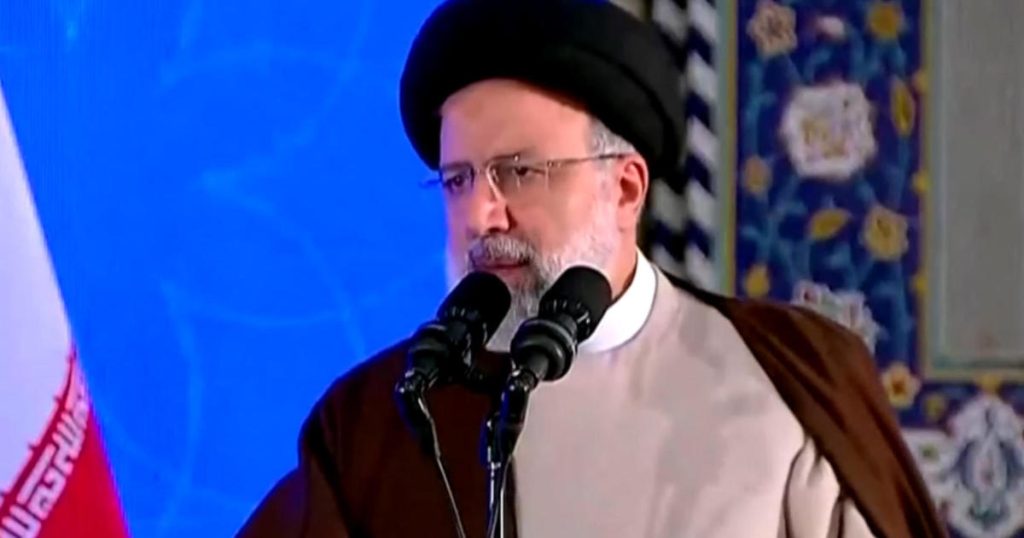Iran is facing a leadership crisis following the death of President Ebrahim Raisi in a helicopter crash. While his death has been mourned in some countries like North Korea and Russia, the U.S. State Department has criticized him for his role in repressing the Iranian people. Raisi’s death has raised questions about who will succeed him and lead the country in the future.
The process of selecting a new leader in Iran is complex and involves various institutions, including the Guardian Council and the Supreme Leader. The Guardian Council is responsible for vetting candidates for office, while the Supreme Leader holds ultimate authority in the country. It remains to be seen how these institutions will navigate the succession process following Raisi’s sudden death.
The death of Raisi could have significant implications for Iran’s domestic and foreign policies. Raisi was known for his hardline stance on various issues, including human rights and nuclear negotiations. His successor will likely shape the direction of the country in the coming years and could potentially impact Iran’s relationships with other countries, including the U.S. and its allies.
The international community will be closely watching Iran’s succession process and its impact on regional stability. Iran plays a crucial role in the Middle East and its internal politics can have far-reaching consequences for the region. The U.S. and other countries will be monitoring the situation closely and assessing how it may affect their own interests in the region.
As Iran grapples with the aftermath of Raisi’s death, there are concerns about political instability and potential power struggles within the regime. The transition of power in Iran is a delicate process that could lead to internal conflicts and unrest. The country’s leaders will need to manage this process carefully to ensure a smooth transfer of power and maintain stability in the country.
Overall, Iran’s succession plan following Raisi’s death is uncertain and could have significant implications for the country’s future. The selection of a new leader will shape Iran’s domestic and foreign policies, as well as its relationships with other countries in the region. The international community will be closely watching how Iran navigates this challenging period and the impact it may have on regional stability.


